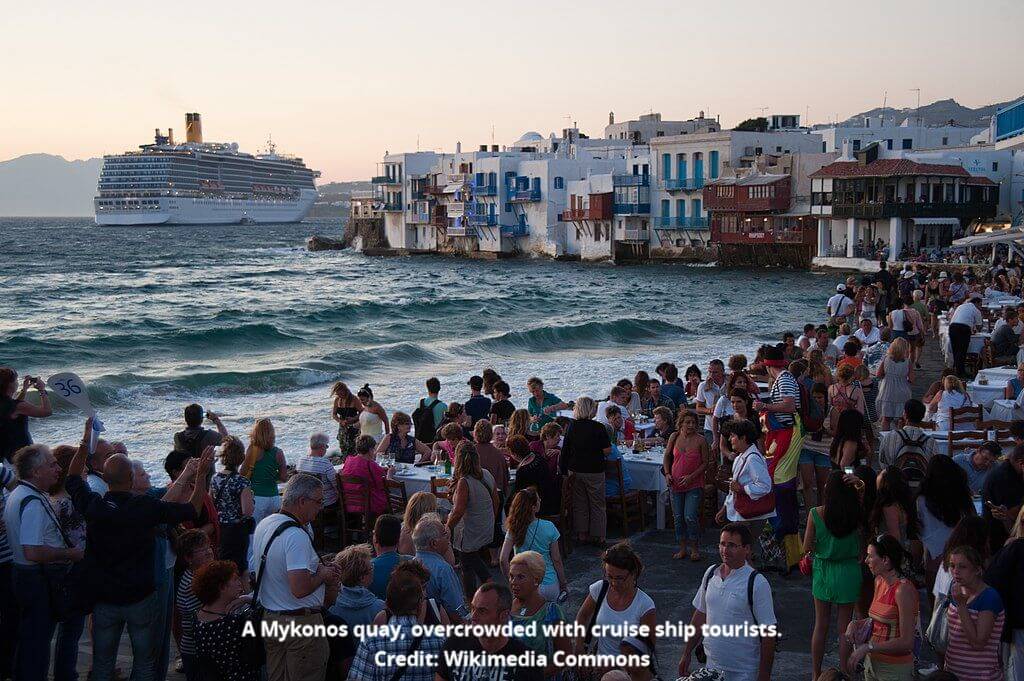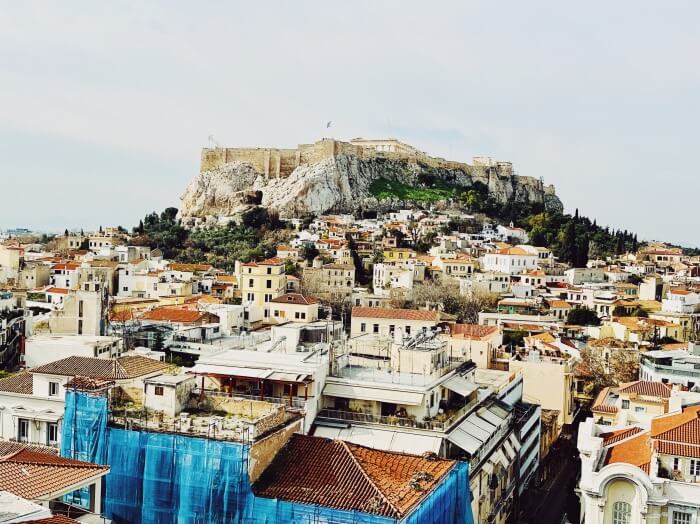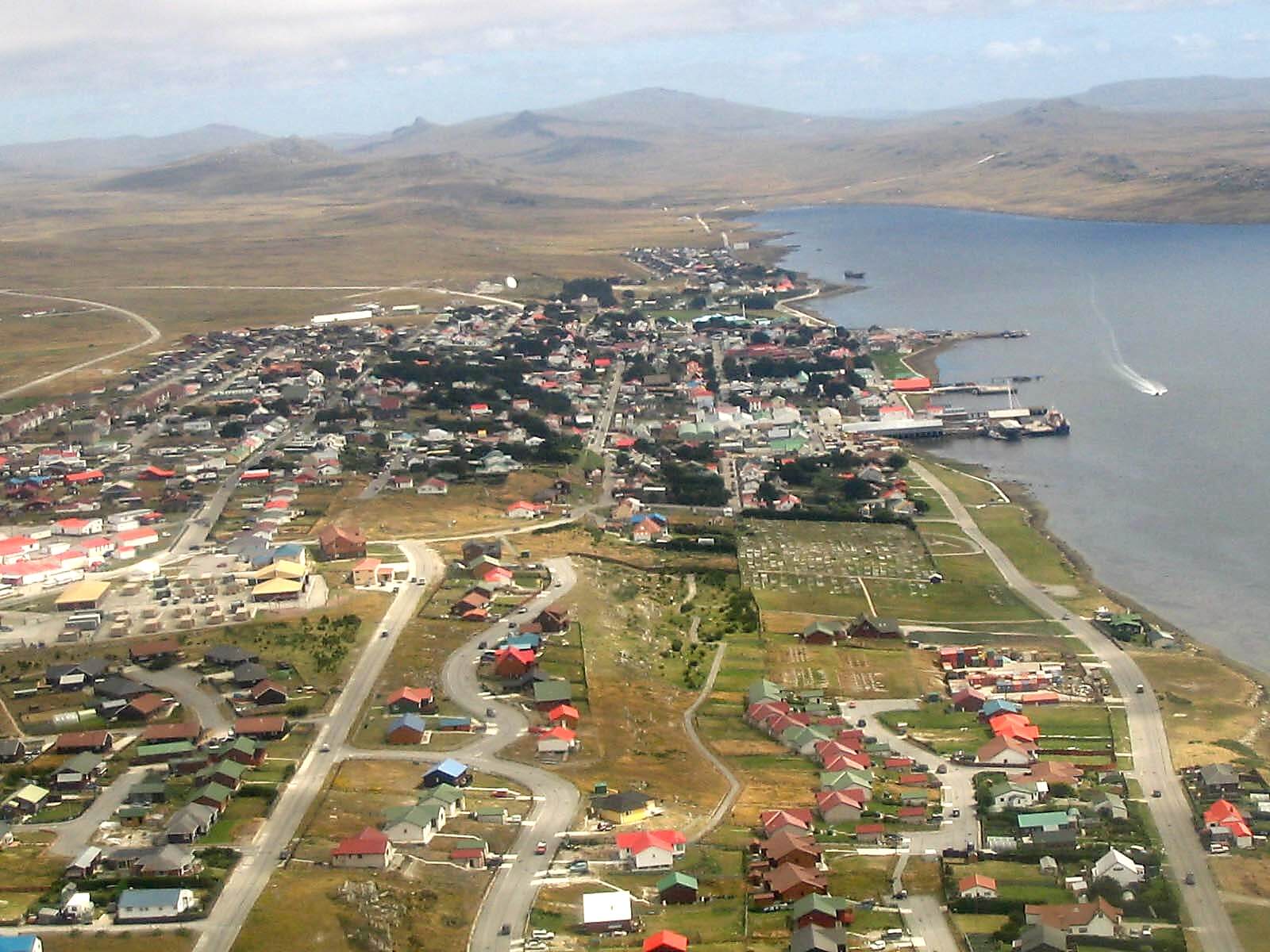Sorry, Europe Is Full, Tourists Are Told

News Analysis With a Sense of Humor


The people of the world are planning to descend on Europe this summer. Not, I hasten to say, as migrants but as tourists.
They will jam the sidewalks of Paris, their buses will be bumper-to-bumper in England’s Lake District, and it will be nigh impossible to get into Venice.
It isn’t that Europe is too small to accommodate the surge of tourists but that a few sights are too popular with tourists from the West and now tourists from China. The history and culture of Europe are a magnet, drawing and delivering for tourists, whether they are first-timers or bucket-listers.
Greece is a jewel in this crown, a place of sparkling wonder of human endeavor and natural formations. The country is ground zero for Western civilization, where visitors can trace the origins of Western arts and sciences, as well as democracy. Visitors can also experience the natural beauty of its coasts, mountains and islands.
I met with the Greek minister of tourism, Olga Kefalogianni, in Athens last month, and we discussed the blessings and challenges of tourism, including the problem of what some call “overtourism.” Not only has Greece attracted tourists for millennia, but it also has a huge capacity to absorb visitors. It would just like to spread them out over the year and the country.
Clearly, Kefalogianni loves her job and was, to an extent, born to it. She is the scion of a very prominent Greek family that owns hotels in Crete, the largest and one of the most inviting of the Greek islands.
The last thing Kefalogianni, who did a stint as a lawyer in New York, wants to do is to discourage tourism. It accounts for 20 percent of Greece’s economy, and the country can absorb untold hundreds of thousands more tourists than it already does.
But there are choke points. And in future planning, the minister told me, she is working to enhance the industry by promoting Greek food, wine and its wide-open spaces for safe outdoor recreation like hiking, climbing and canoeing.
The first thing, she said, is to tell the world how diverse Greece is and how much it has to offer not only in terms of its history but also natural beauty and simple things like walking in its villages.
She wants visitors to spread out and enjoy all of Greece. “Do you know you can ski in Greece?” she asked me. Indeed, the country has 25 ski resorts.
She also said Europe has much to offer year-round besides the summer. In truth, the summer in southern Europe can be extremely hot.
One challenge for the Mediterranean ports is the cruise ships, which are now to be found all over the sea: vast, floating cities with eager sightseers, keen to disembark and spend a few hours in a destination.
They are becoming a challenge for host countries. They dock and disgorge their eager passengers, but they bring problems, from pollution to stressed port infrastructure. Also, the cruisers are ashore so briefly that they spend very little money, considering how many there are: Many prefer to eat all their meals on board, and their principal expenditure is on souvenirs and bus tours.
The cruise ships need more regulation, Kefalogianni said. Recently, I observed the problem firsthand. I — yes, on a cruise — fetched up in Santorini when five other huge ships did likewise. A cable car (or foot or donkey) at the port takes people up and down from Fira, the island’s capital. Well, with thousands in line, the result was chaos. Instead of a visit to a heavenly place, it was a version of hell.
Also, Greece and other European countries’ cities want the ships to base at their ports, provision there, and embark and disembark their passengers there. The beneficial economic effect would be greater that way.
The tourism minister wants visitors to know that Greece (and I would add the rest of tourist-haven Europe) has year-round attractions. She noted that the shoulder seasons of spring and fall offer all the summer attractions with fewer people. On the mainland and on the Greek islands — there are 6,000 of them; 227 are inhabited and 100 have more developed tourism facilities — you can swim early in the year and late as well. In February, I saw people swimming at a beach near Athens. They allowed the water to be cold, but not impossibly cold.
Mediterranean Europe is a place for all seasons. As the British writer Christopher Hitchens told me once, “It’s where it all began.”

By Llewellyn King
PORT STANLEY, Falkland Islands — These islands, where the weather in summer is as bleak as it is in winter and where the only constant is the wind, aren’t easy to love. It’s a climate so perverse that it can rain, turn sunny, rain again, turn cold and rain all over again in the same day. Also, they’re very remote — almost 1,000 miles from Argentina, which hardly makes them any kind of offshore island, as Argentina insists.
No one much wanted the Falklands down through history. The British were there in 1765, and so were the French, but on separate islands and unbeknown to each other. The British were pushed out when Spain got possessive, but came back in 1833 and stayed.
When the British Empire included swathes of Africa and much of Asia, islands here and there didn’t rate a lot of concern in London. It’s doubtful whether experienced officers in the colonial service even knew where they were.
Yet there were rugged British settlers who made a living for generations out of ship servicing, fishing, cattle and, big time, sheep farming from 1870 to the present. Now there are just over 2,000 Falklanders, making a robust living out of farming and tourism, mostly from cruise ships.
In 1953, Britain rejected Argentine President Juan Peron’s bid to buy the Islas Malvinas (Falkland Islands). But in the 1970s, Britain wanted to hand them over to Argentina. The downsizing of the empire was well along. Only Rhodesia was a problem, where stubborn colonials held out for the right to perpetuate their rule over or alongside the indigenous inhabitants. In 1980, under newly elected Prime Minister Margaret Thatcher, Britain handed over Rhodesia to Robert Mugabe and his band of former guerillas. The Thatcher government stripped the citizenship of 240,000 white settlers, telling them they were now citizens of Zimbabwe – which is ironic, considering the high value that was placed on the ancestry of the Falklanders.
So while this fire sale of colonies was in progress in the 1970s, the Falklands, with only 2,000 British citizens and 800,000 sheep, was of no account. The handover to Argentina looked like a done deal.
But, as so often in history, things fell apart largely because Argentina was consumed with internal problems, after the seizure of power by the military junta headed by Leopoldo Galtieri. Thatcher was more occupied with the sagging British economy than handing over islands far off the coast of Argentina. And while the Dirty War, in which Argentine security forces and allied thugs were responsible for the disappearance of tens of thousands of people, was raging, Argentina wasn’t to be rewarded with a gift of islands on which Britons farmed.
Then, to boost his own shaky position, Galtieri whipped up a cause and invaded the Falklands on April 2, 1982. The dictator must have thought that Britain would roll over and accept the forcible seizure of the Falklands, much as it had abandoned the British settlers in Zimbabwe two years earlier.
But for Thatcher, the Iron Lady, the Falklands seizure was simple aggression. War fever gripped Britain and much of its ally, the United States. Columnist George Will wrote about the ending of diplomatic efforts by the Reagan administration: time for the diplomats to “come north and cold steel to go south.”
So we watched a British fleet steaming south, while the Argentine forces dug in on the Falklands.
It took a month for the British forces to reach the Falklands and the counter invasion to begin. The fighting lasted 74 days with 649 Argentine military personnel, 255 British military personnel, and three female islanders killed.
The Falklands War did wonders for Thatcher, sweeping her Conservative Party back into power in 1983. For her, it was the seminal act of her premiership, the last roar of the Imperial Lion. In its way, it did for her what firing the air traffic controllers the previous year did for President Ronald Reagan. It showed just how tough they could be.
At the time of the war, the Falklands were a drain on the British Treasury. Now, thanks to that war, this is a tourist destination with behemoth cruise ships — sometimes three at once — anchored here.
But Argentina still lays claim to the islands — a claim now as constant as the wind. — For InsideSources